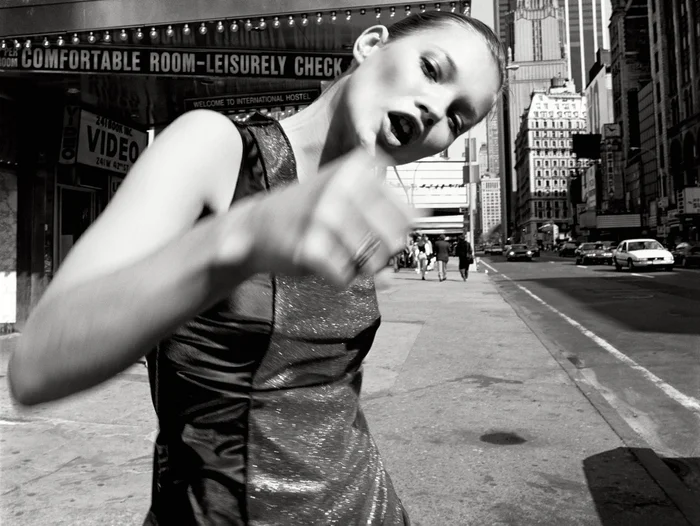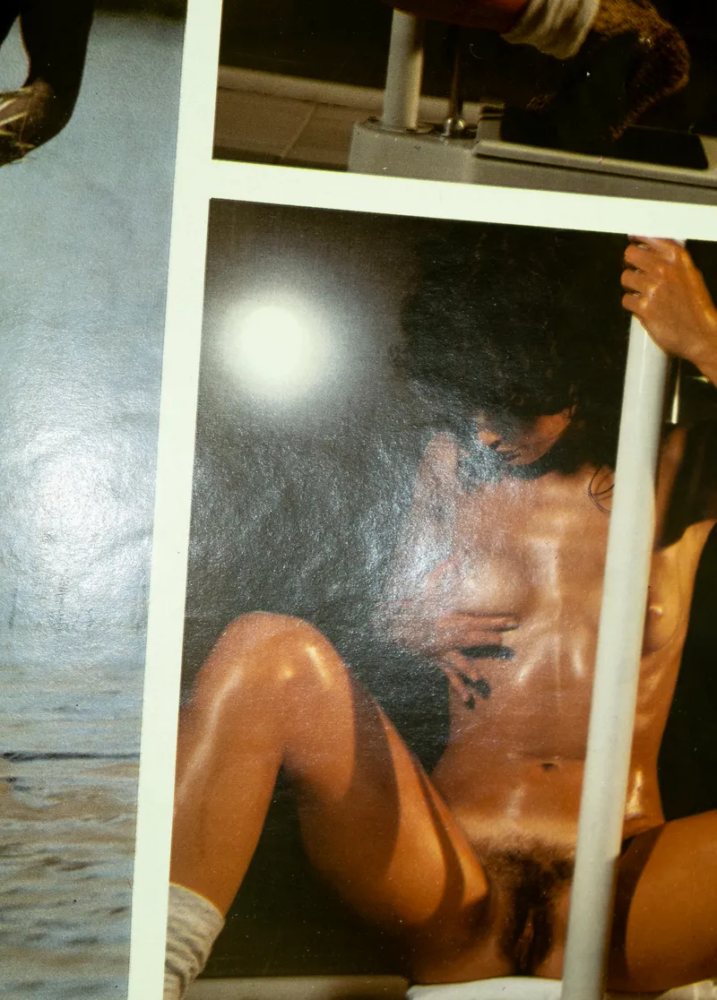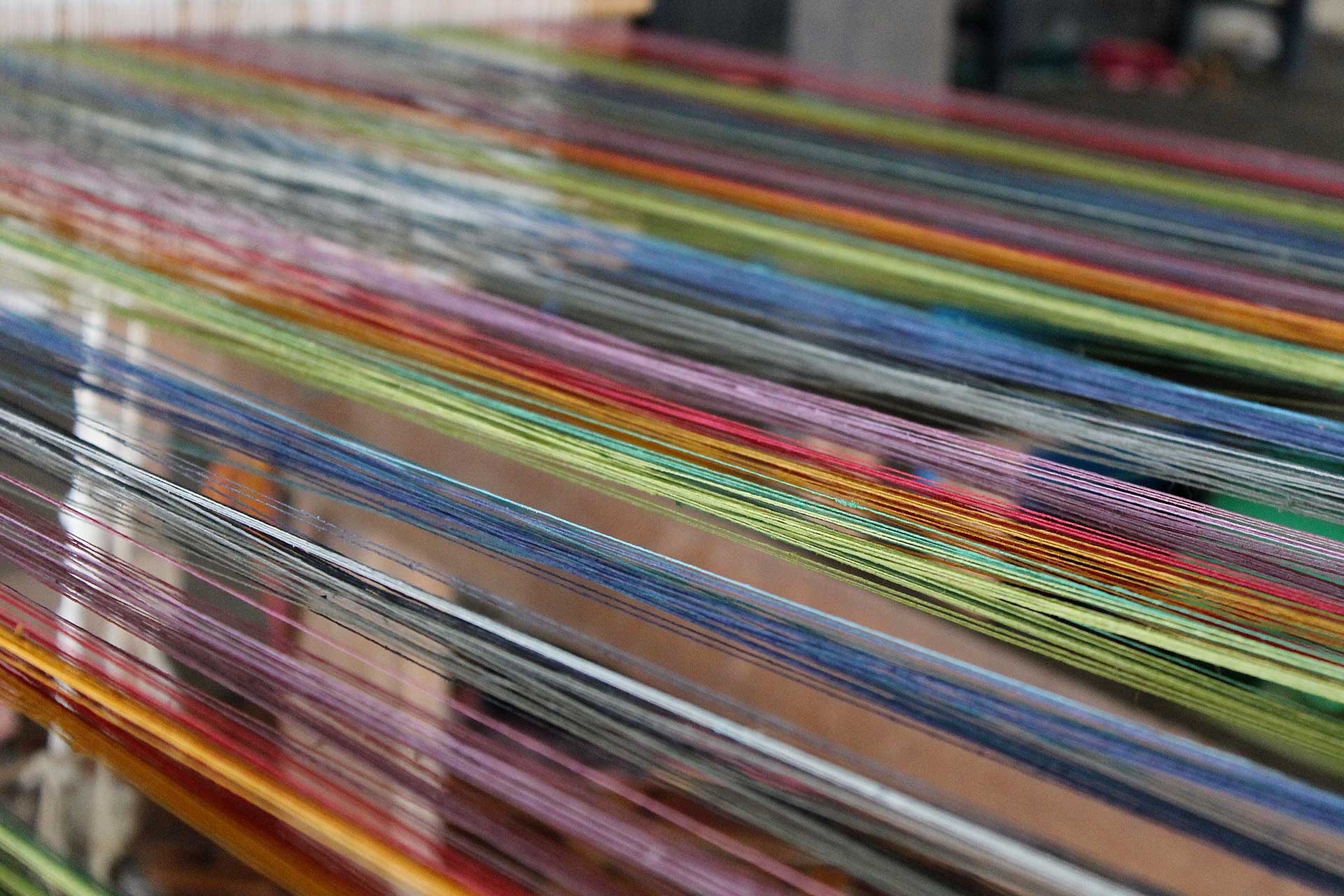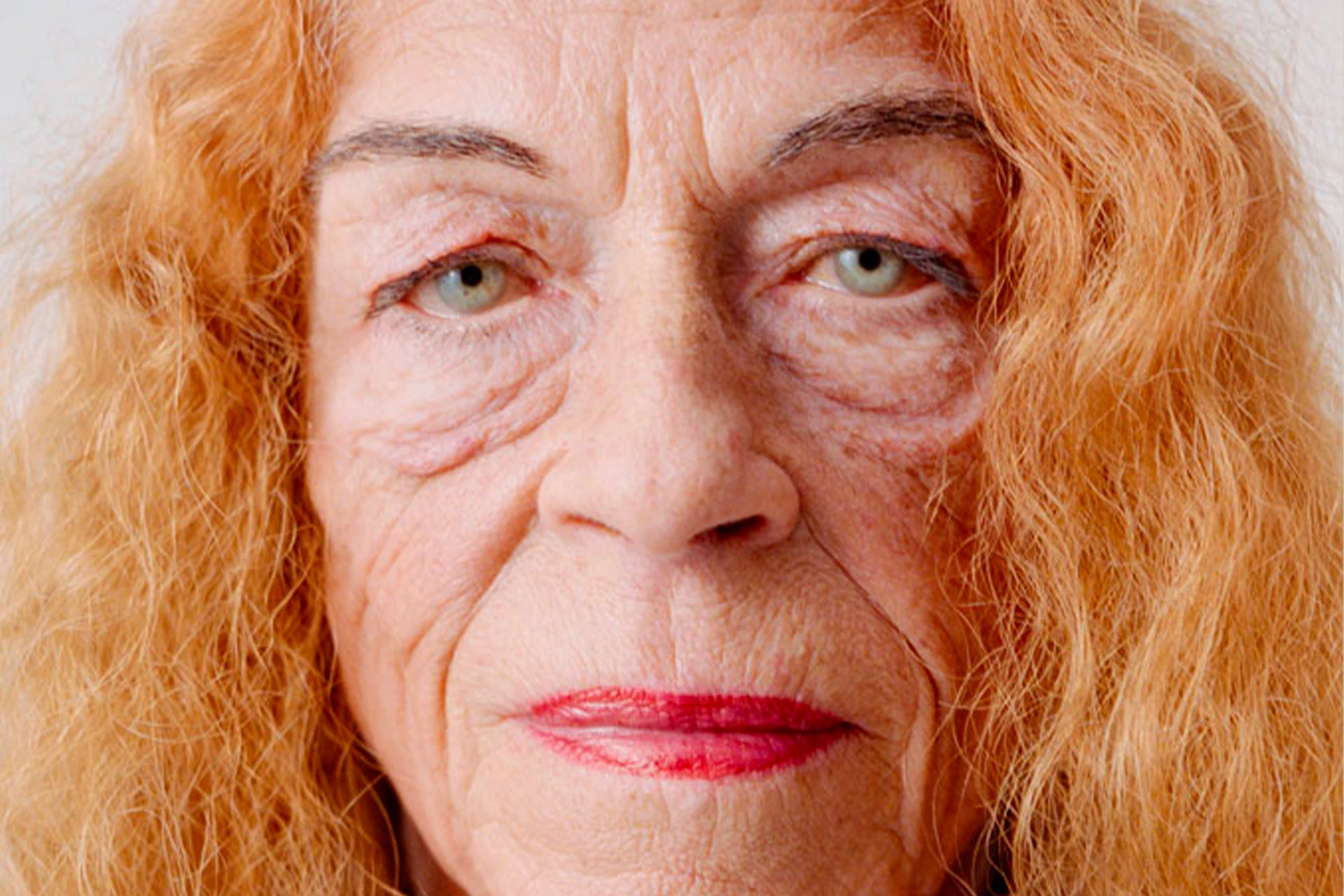
Daniel Roché: sex work and political performance
How the realities of sex work, political performance, digital self-surveillance and aesthetic anxiety expose the contradictions at the heart of contemporary identity
A society in flux: sex workers, politicians, Zoom calls and fake facelifts
In our era of hyper-visibility and shifting norms, four social figures—sex workers, politicians, remote workers, and those chasing aesthetic transformation—emerge as symbols of something deeper. They speak to our collective discomfort with authenticity, our obsession with visibility, and the subtle collapse of private life into public performance. Their stories are not isolated—they form a mosaic of contradictions that define who we are becoming.
Sex work and the politics of recognition
In many parts of the world, sex work exists in legal limbo. Even where partially decriminalized or tolerated, workers remain unprotected by labor laws, excluded from healthcare systems, and criminalized by proxy. For decades, sex workers have demanded visibility—not as fantasy objects, but as laborers entitled to safety, contracts, and autonomy.
Recent shifts in some European countries have introduced tax codes for sex work, theoretically allowing for the recognition of self-employment. These administrative moves often fail to address structural violence or remove stigma. Instead, they highlight a paradox: the state acknowledges sex work as taxable labor but still refuses to grant the full spectrum of rights that would make it safe.
Political performance and the erosion of trust
Contemporary politics has become inseparable from performance. Speeches are rehearsed, gestures choreographed, and personas tailored for algorithmic engagement. As image supersedes substance, many citizens lose faith in representation altogether. Politicians become caricatures—symbols of disconnection rather than agency.
This crisis of legitimacy is not just about governance; it’s about how we relate to power. When political figures feel more like influencers or talk show guests, democracy itself is flattened into content. The consequence is dangerous: cynicism becomes a coping mechanism, and accountability becomes harder to demand.
Zoom dysmorphia and the anxiety of self-exposure
The mass migration to remote work exposed an unexpected truth: many people, when confronted with their own image on video calls, began to feel a growing sense of physical dissatisfaction. Zoom dysmorphia—marked by anxiety, body image issues, and altered self-perception—became a widespread phenomenon.
The constant self-surveillance inherent in video calls triggered a spike in cosmetic consultations, with people seeking to alter their appearance not for in-person life, but for the digital frame. The webcam became a mirror that distorts, amplifying insecurities previously buried. Our faces, once merely expressive, became products to be optimized.
Fake facelifts and the new aesthetic expectation
Alongside videoconferencing came the rise of filter dysmorphia: the desire to resemble one’s digitally altered image. Social media filters smooth, plump, and reshape faces to fit an ever-narrowing beauty ideal. For many, these digital alterations are no longer cosmetic—they become aspirational benchmarks for real-world procedures.
Plastic surgeons report patients asking to look like their filtered selfies. This desire isn’t rooted in vanity but in something far more structural: the pressure to conform to aesthetic expectations shaped by technology, repetition, and curated feeds. A fake facelift is no longer just a cosmetic choice—it becomes a social survival strategy.
A fractured mirror: what these figures reveal about us
Each of these archetypes—the sex worker, the politician, the remote worker, the filter-obsessed client—reflects a culture unsure of itself. We demand transparency but punish vulnerability. We seek recognition but fear exposure. We project ideal selves, even as we lose touch with the bodies and identities we inhabit.
The collective message is not about scandal or satire. It’s about a deep-seated unease with being seen for who we really are. In portraying these figures, Daniel Roché doesn’t just imitate society—he forces us to confront it. His characters are exaggerated, uncomfortable, familiar. They’re not absurd because they’re far from reality. They’re absurd because they are real.
What’s left is a question we can’t ignore: in a world built on performance, is there still room for truth?


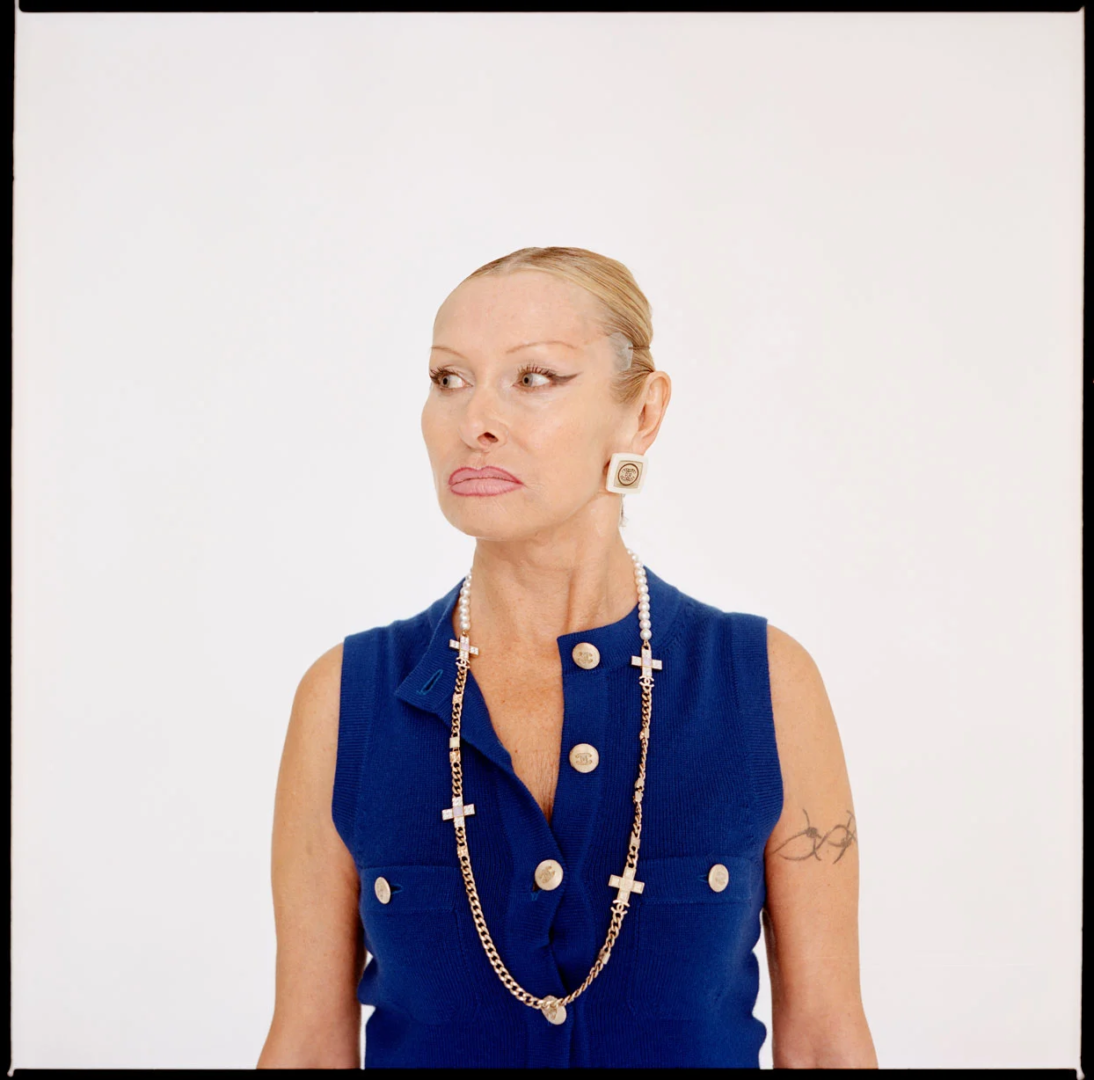
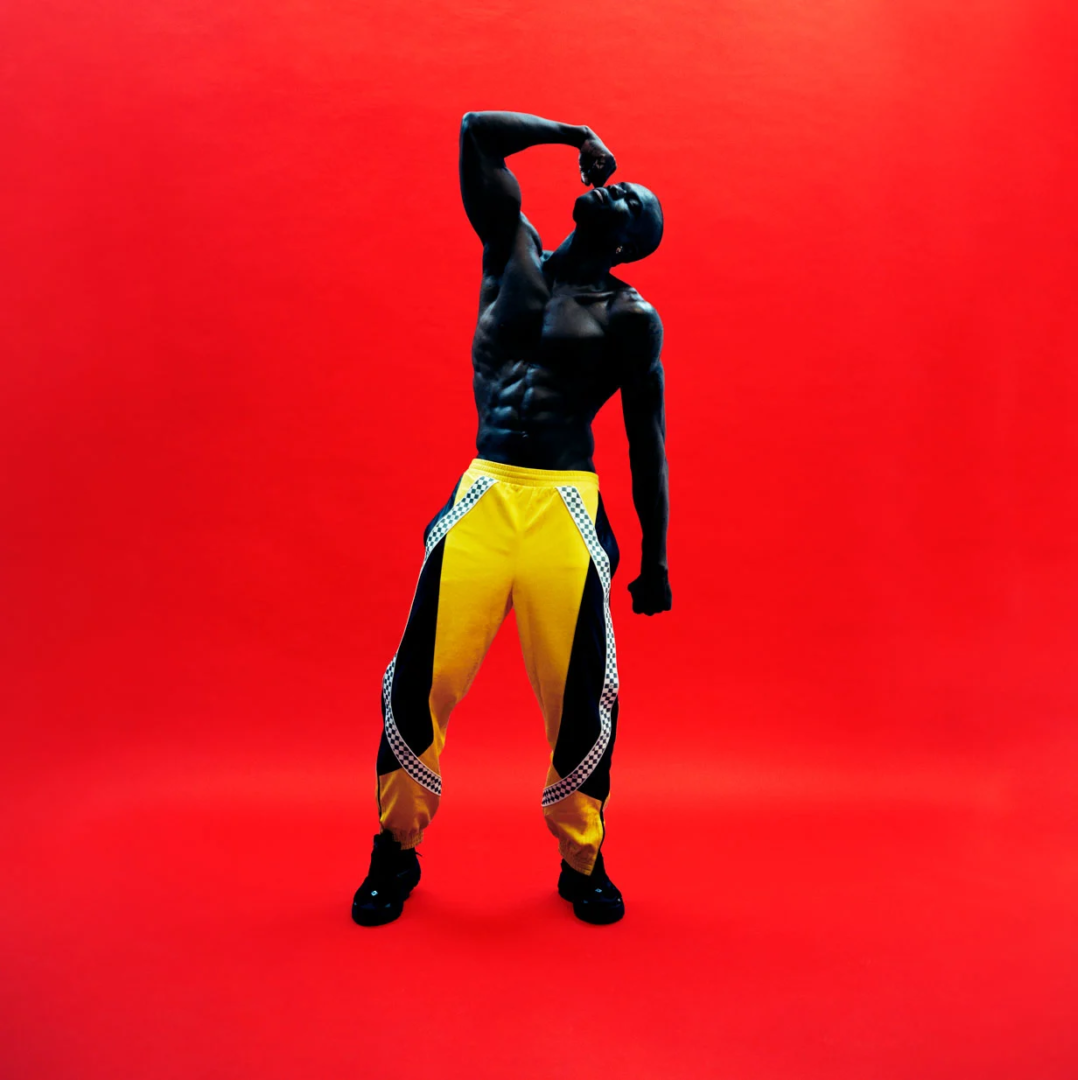
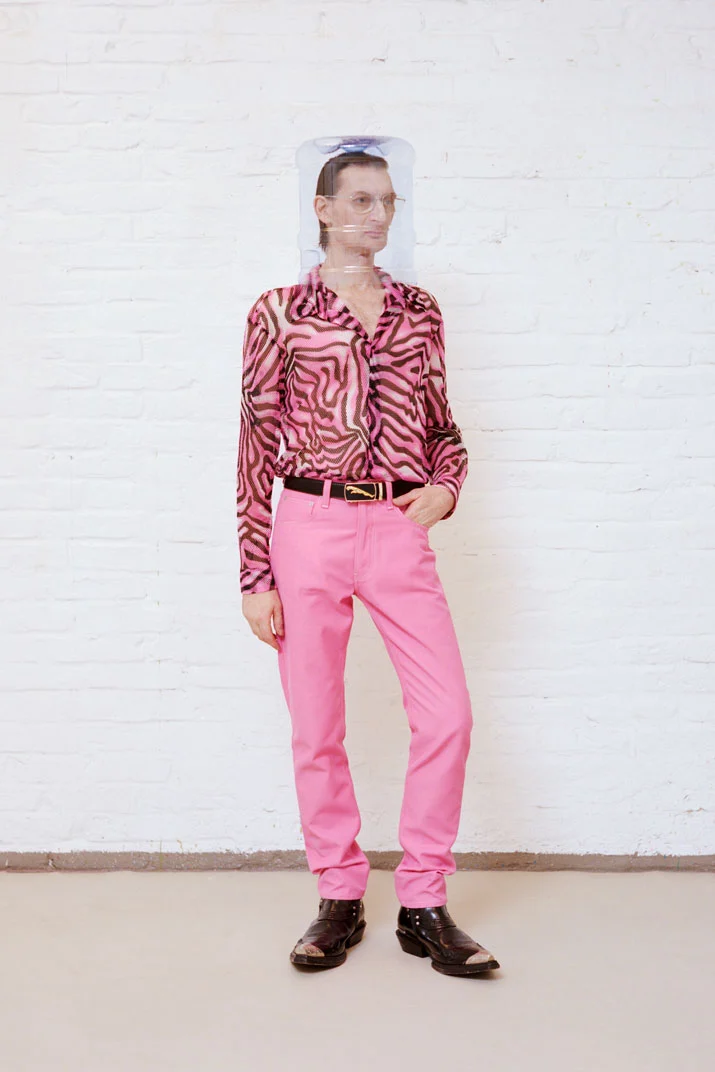
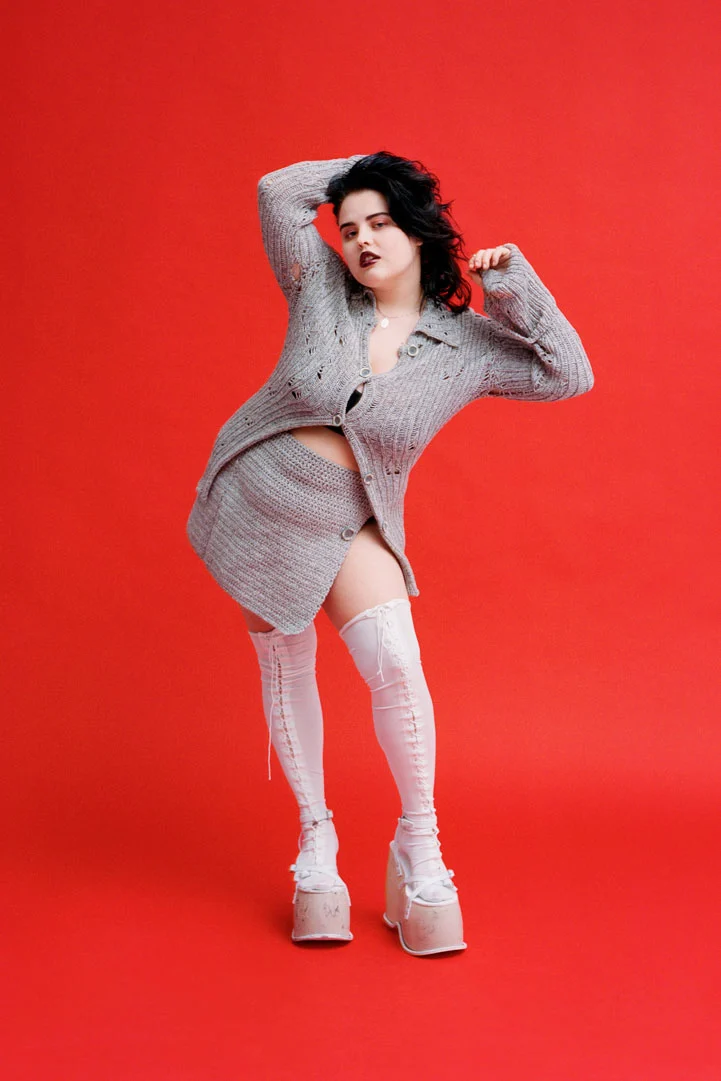
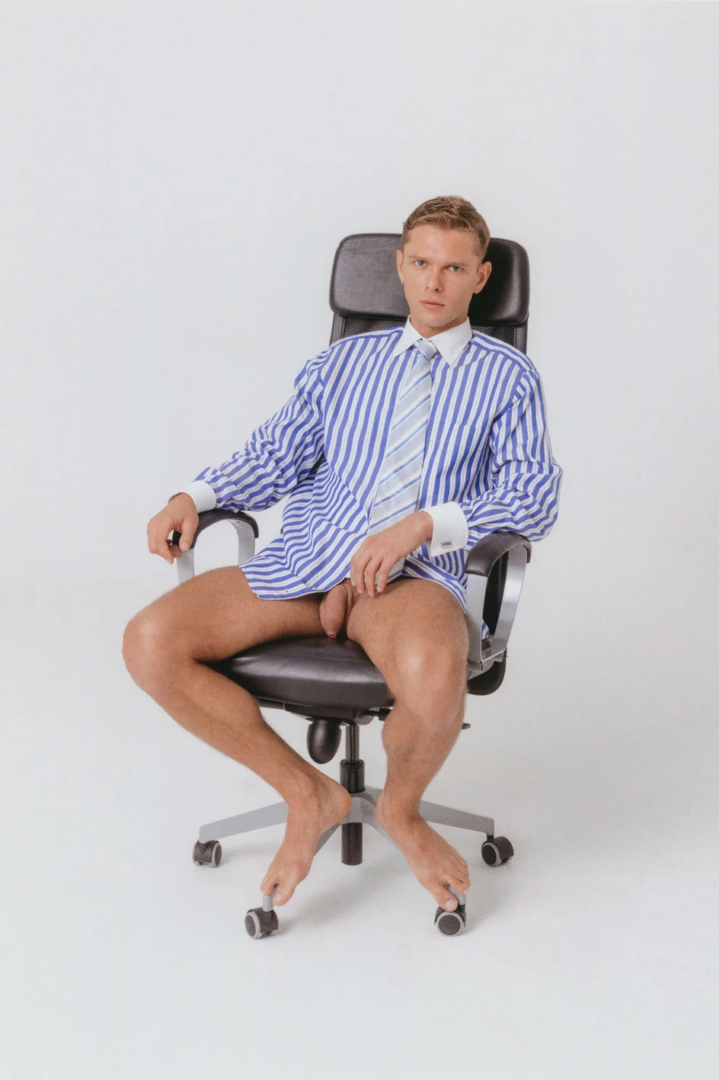
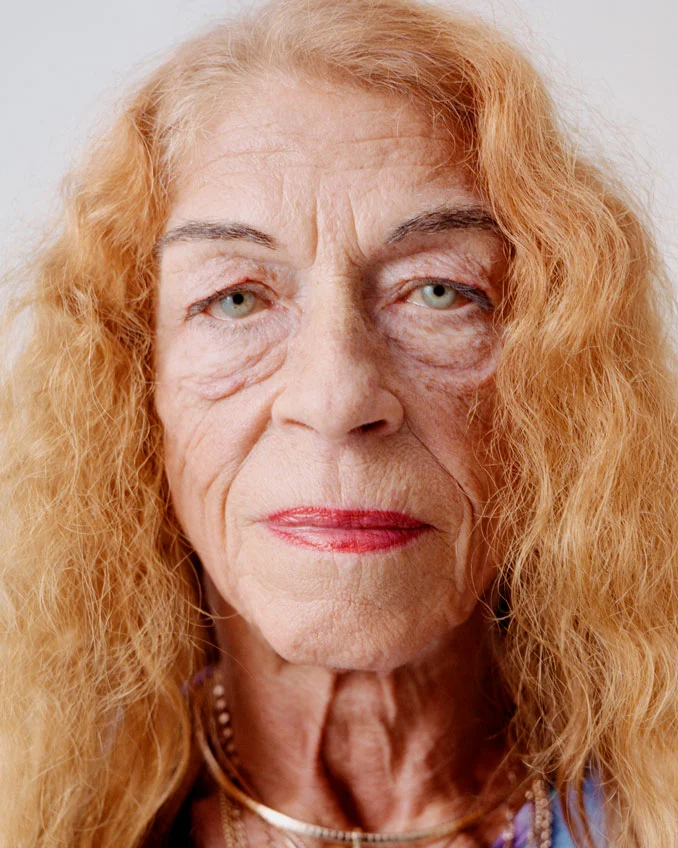
Credits:
AD/Photographer: Daniel @studioroche
AD/Stylist: Niki @nikipauls
Video: Helge @studiomundt
Photo Assistant: Lu @lu_damiao
Styling Assistant: Sophie @sophiebohmeier
Set Designer: Sandro @sandrodemauro
Beauty Kenny: @kenny._campbell
Hair Stylist: Kosuke@kosuke_ikeuchi
Hair Assistants: Anri @anri_omori, Yu @yaetofukuzinostory
Casting: David White @whitecasting
Production : @shotview_management
Thanks to Kozva Riguad @kozvariguad @shotview_management
Photo Assistant: Luciana Damiao @lu_damiao
Post production: Nitty Gritty @nittygritty.berlin
Thanks to: HvH Studios Berlin

